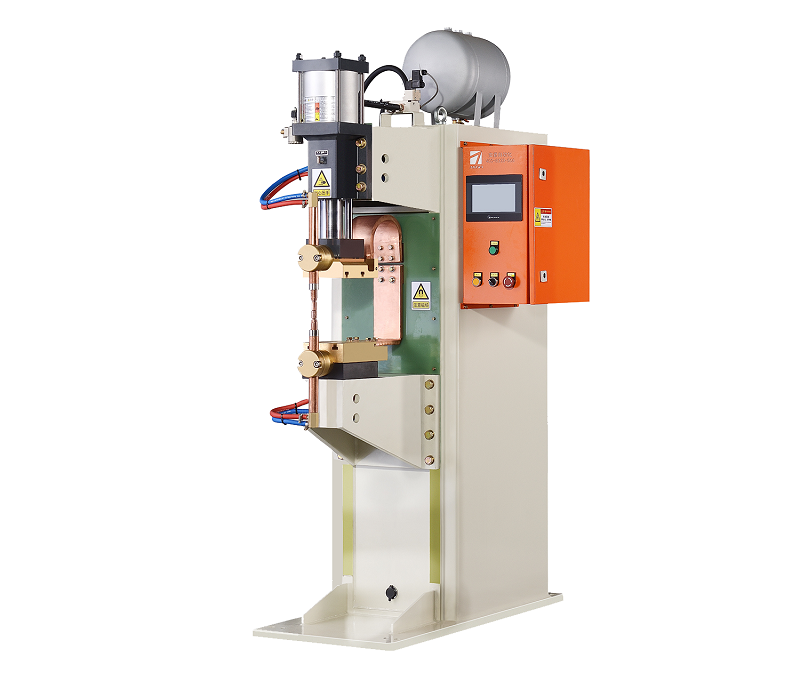Working Face and Dimensions of Electrodes in Medium Frequency Spot Welding Machines
In medium frequency spot welding machines, the electrodes play a crucial role in establishing the welding process’s efficiency and quality. This article delves into the significance of the working face and dimensions of electrodes and their impact on the welding outcome.

- Working Face Profile: The working face of an electrode refers to the surface that makes direct contact with the workpieces during the welding process. It is essential for this face to be designed with precision to ensure optimal energy transfer and effective fusion between the workpieces.
- Electrode Face Geometry: Electrodes are commonly designed with flat, convex, or concave working faces. The choice of geometry depends on the specific welding application and the desired energy concentration at the weld point. Convex faces offer better energy concentration, while concave faces provide improved pressure distribution.
- Face Diameter: The diameter of the electrode’s working face is a critical dimension that affects the weld nugget’s size and shape. A larger face diameter can lead to wider and more uniform nuggets, contributing to improved weld strength and consistency.
- Electrode Tip Size: The size of the electrode tip can influence the pressure distribution and contact area between the electrodes and the workpieces. Proper tip size selection is essential to avoid excessive pressure on a small area, which could lead to indentation or damage.
- Alignment and Parallelism: Electrodes must be properly aligned and parallel to ensure even pressure distribution across the weld area. Misalignment or non-parallelism can result in uneven weld penetration and nugget formation.
- Surface Finish: The surface finish of the working face is critical for achieving consistent and stable electrical contact with the workpieces. A smooth and clean surface minimizes electrical resistance and enhances energy transfer.
- Cooling Channels: Some electrodes are equipped with cooling channels to manage heat buildup during the welding process. These channels help maintain the electrode’s integrity and prevent overheating.
The working face and dimensions of electrodes in medium frequency spot welding machines significantly impact the welding process’s success. Properly designed electrodes with appropriate face profiles, dimensions, and geometries ensure efficient energy transfer, consistent pressure distribution, and high-quality welds. Manufacturers should carefully consider these factors when selecting and maintaining electrodes to achieve optimal welding performance.